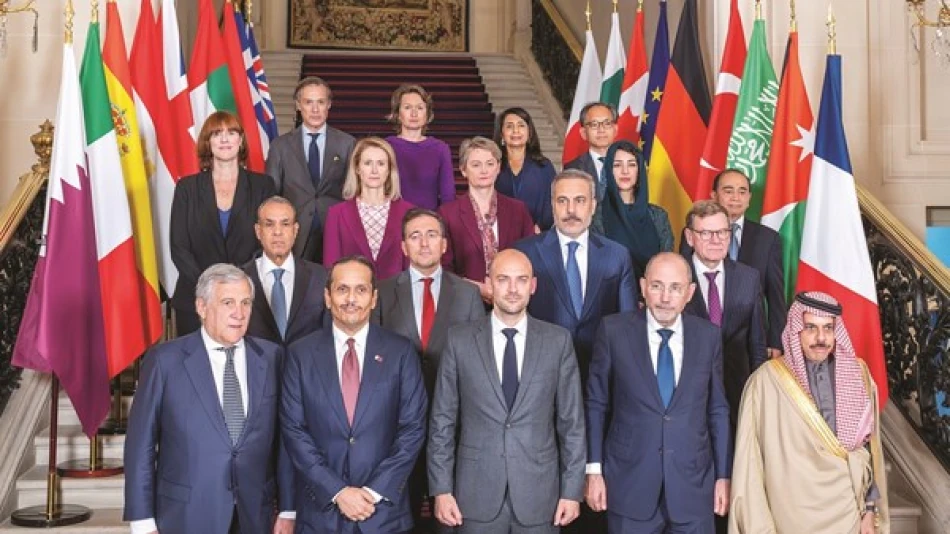
UAE Expands Humanitarian and Development Efforts in Gaza: Driving Positive Change
The UAE announced plans to expand its humanitarian and development efforts in Gaza following the ceasefire agreement, as international partners gathered in Paris to discuss implementing President Trump's peace plan. The Emirates has already provided $1.8 billion in aid since the war began and wants to build on this foundation to help stabilize the region.
UAE Minister of State for International Cooperation Reem bint Ibrahim Al Hashemi represented the country at a high-level meeting in Paris hosted by French President Emmanuel Macron. The gathering brought together foreign ministers from Egypt, Germany, Italy, Jordan, the UK, Turkey, Qatar, and Saudi Arabia, along with EU representatives and officials from Canada, Indonesia, and Pakistan.
Al Hashemi praised Trump's leadership efforts and recognized the mediation work done by Egypt, Turkey, and Qatar in bringing about the ceasefire. She called this moment crucial for establishing lasting peace in the region and urged continued coordination among regional and international partners to ensure the plan's long-term success.
The UAE's humanitarian response to Gaza has been substantial. Since the war started, the country has delivered life-saving aid through 8,000 trucks, treated around 75,000 patients in hospitals, and operates six water desalination plants that produce two million gallons of clean water daily.
Moving forward, the UAE plans to expand these efforts significantly. The country will add more water pipelines and increase the number of tankers and distribution points. It aims to operate 50 bakeries and over 100 community kitchens with a monthly production capacity of about 25,000 metric tons of food. The Emirates also plans to boost medical aid through additional shipments, vaccination campaigns, and maternal health clinics, while expanding the distribution of tents and temporary shelters for winter preparation.
During the Paris meeting, Egypt presented its vision for post-war arrangements in Gaza, while Qatar stressed the importance of fully implementing the Sharm el-Sheikh agreement. Egyptian Foreign Minister Badr Abdelaty called Trump's peace plan "a good foundation for ending the war in Gaza" and confirmed Egypt's support.
The discussions covered the first phase of implementation and other elements including sufficient humanitarian aid delivery, early recovery, and reconstruction. Egypt plans to host an international conference in Cairo with international partners focused on Gaza's early recovery and reconstruction efforts.
This coordinated international response comes at a critical time. The ceasefire creates an opportunity to move from emergency relief to sustainable development in Gaza. But success depends on sustained commitment from multiple countries and organizations working together, rather than scattered individual efforts.
Most Viewed News

 Layla Al Mansoori
Layla Al Mansoori






